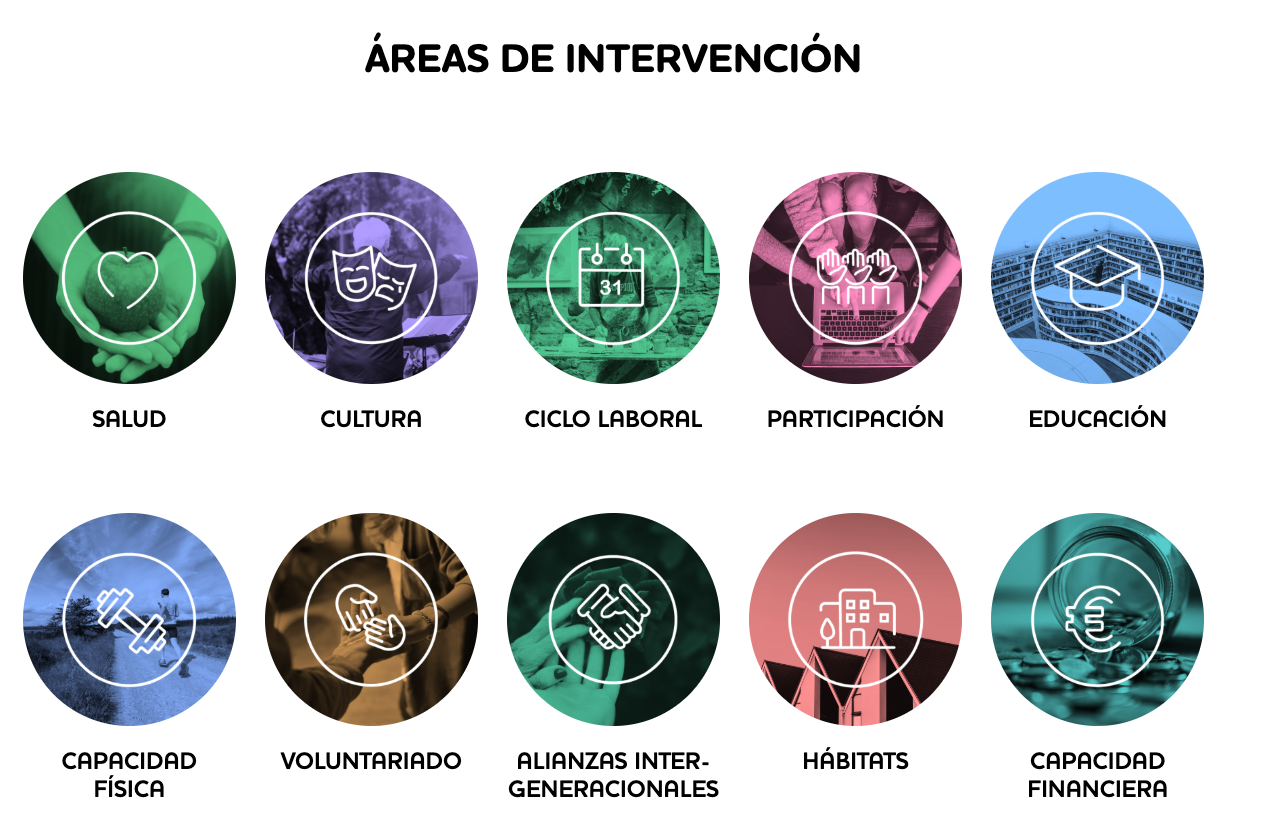Juntos damos más vida a Zamora
The Fundación General de la Universidad de Salamanca and the Federación de Asociaciones de Jubilados y Pensionistas de Zamora have signed a Collaboration Agreement, in addition to the one already signed with the Zamora City Council, to continue developing applied research that aims to identify a quality of life model for the elderly in an inclusive and integrating society, and that is economically sustainable in terms of improving the quality of life and professing social rights.
This joint initiative has as its motto "Juntos damos más vida a Zamora".
In order to develop this process of social transformation, a series of activities are to be carried out that contribute to the awareness of society towards age-related issues, involving the various local agents - volunteers, entrepreneurs, organisations, companies... - and, of course, institutions, all of which are key factors in the effective achievement of the objectives.
In this sense, different models of activities have been designed for their implementation with the aim of promoting the improvement of the quality of life of the elderly through social integration, inclusion, as well as the development of their economic potential, thus responding to the needs and resources of specific contexts. The aim will be to identify multidisciplinary models which, based on innovative ideas, meet the social challenges posed by the ageing of the population, turning ageing communities into areas of excellence, aware and committed; and, at the same time, understanding longevity as a basis for development opportunities and the identification of new references for achieving a better quality of life in an integrating and inclusive context.

The research will seek to create and implement a quality of life model, based on sustainable action, socially and economically, designed for an ageing and long-lived community, which can be replicated in other environments, especially in the cross-border geographical area, both in the Spanish part - characterised by its rural demographic structure - and in the Portuguese part, defined as inland in view of the characteristics that make up the demography of the coastal area.
This model will be based on social integration and participation; to this end, a series of actions will be carried out with the aim of promoting a community that is aware of and committed to ageing.
A socially integrated model, which must necessarily arise from the commitment of civil society and the public authorities, which will find its place from the recognition of the uniqueness and specificity of the age group that make up older people. This is not only because they constitute the largest social group, but also because they are an asset that must be incorporated as an added value, far from being considered a social burden, which is as widespread as it is mistaken and unfair.

The action will respond to the search for concrete answers; and, therefore, the designed strategy will be based on the determination of specific objectives, analysis and conclusions that will allow the definition of a model of excellence, to be studied and adapted to other realities.
Priority will be given to the establishment of collaboration programmes with the institutions and entities that participate and with others that, due to their implementation and social responsibility, are active players in carrying out the actions.
In this context, protocols will be drawn up for each of the actions carried out, so that they can be used in other initiatives and territories; likewise, the carrying out of actions that are susceptible to achieving sustainability over time will be favoured, and so that factors that promote a better quality of life for older people can be incorporated into everyday life.
The CENIE action plan is financially supported by the European Regional Development Fund (ERDF) INTERREG V-A Cooperation Programme, Spain-Portugal, 2014-2020.




